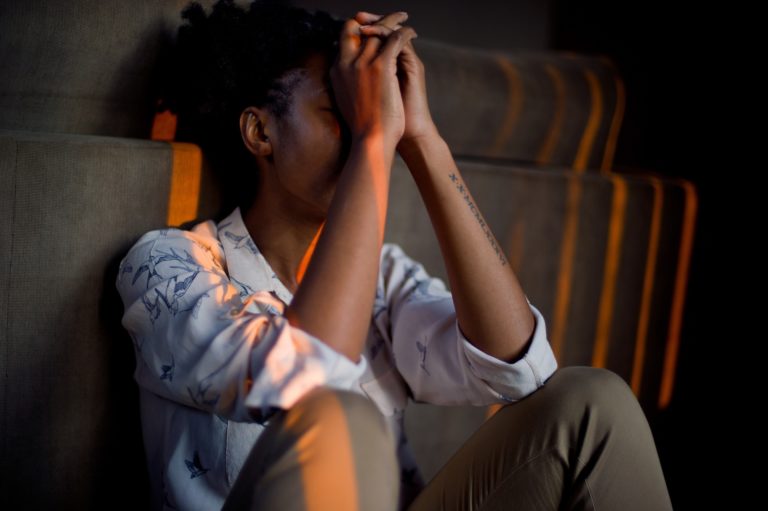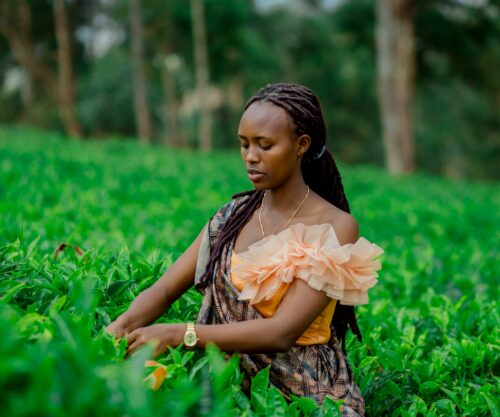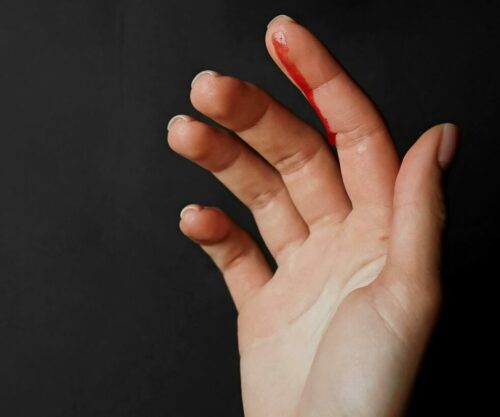
Following the shocking treatment received by survivor and witness Cheryl Zondi during cross examination, in the rape and human trafficking trial of Timothy Omotoso, many have repeated the call for better treatment of survivors. One such organisation is Rape Crisis in conjunction with the Shukumisa Coalition and we spoke to them about the urgency and necessity of these courts.
What is a sexual offences court?
A sexual offences court is a special court room that only deals with sexual offences, such as rape.
It provides special services to rape survivors and other witnesses. The purpose of this court is to:
• reduce the trauma of a survivor;
• speed up cases, so they are completed quickly;
• make better court decisions or judgements, because the people working in these courts are very skillful and experienced;
• get more convictions and send more perpetrators to jail; and
• give people hope that reporting rape will work out well, which will encourage more rape survivors to report their cases to the police.
How do sexual offences courts work:
Shkumisa Coalition says “the idea of sexual offences courts was developed in South Africa. In 2013, a new sexual offences court model was developed, which sets out everything that is needed for a court to be a sexual offences court. This model requires these courts to have specially trained prosecutors, court supporters and
magistrates. A sexual offences court has a separate courtroom. It also
has a testifying room with CCTV equipment, where children can testify
without having to face the rapist or sexual offender in person, while they
talk about what happened.”
Number of sexual offences courts
The Department of Justice reported in Parliament that there were 75
sexual offences courts in May 2018, but Rape Crisis and Shukumisa think that not all of them are fully equipped or functioning properly.
How far are we from these court s being fully operational?
Shkumisa Coalition says “In 2013, the Department of Justice (DOJ) promised to set up sexual offences courts across the country. Although some sexual offences courts have been set up, the law that makes this possible must still come into operation. This law will make sure that there are clear plans and budgets for the courts. It will also tell you exactly how the courts will be set up and how they will operate.”
What are the other challenges in ensuring justice for sexual abuse survivors?
Rape Crisis’s Advocacy Coordinator Jeanne Bodenstein says: “We have worked with the Department of Justice and other civil society to draft regulations for the courts that will serve as minimum standards while still fulfilling the role of sexual offences courts- minimising secondary trauma and supporting survivors. We want a funded and realistic model that would be rolled out across the country so that all survivors have access to these courts”
What is the state of the Thuthuzela Centres?
“Currently there are 55 Thuthuzela Care Centres, but they are struggling with funding. We really advocate for government to align its funding priorities to serve victims of sexual violence by providing a strong and support criminal justice system.”
You can find out about the great work Rape Crisis does here
You can find a list of sexual offences courtrooms in the country here




